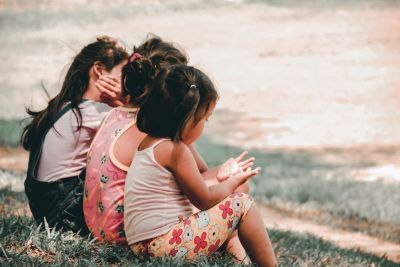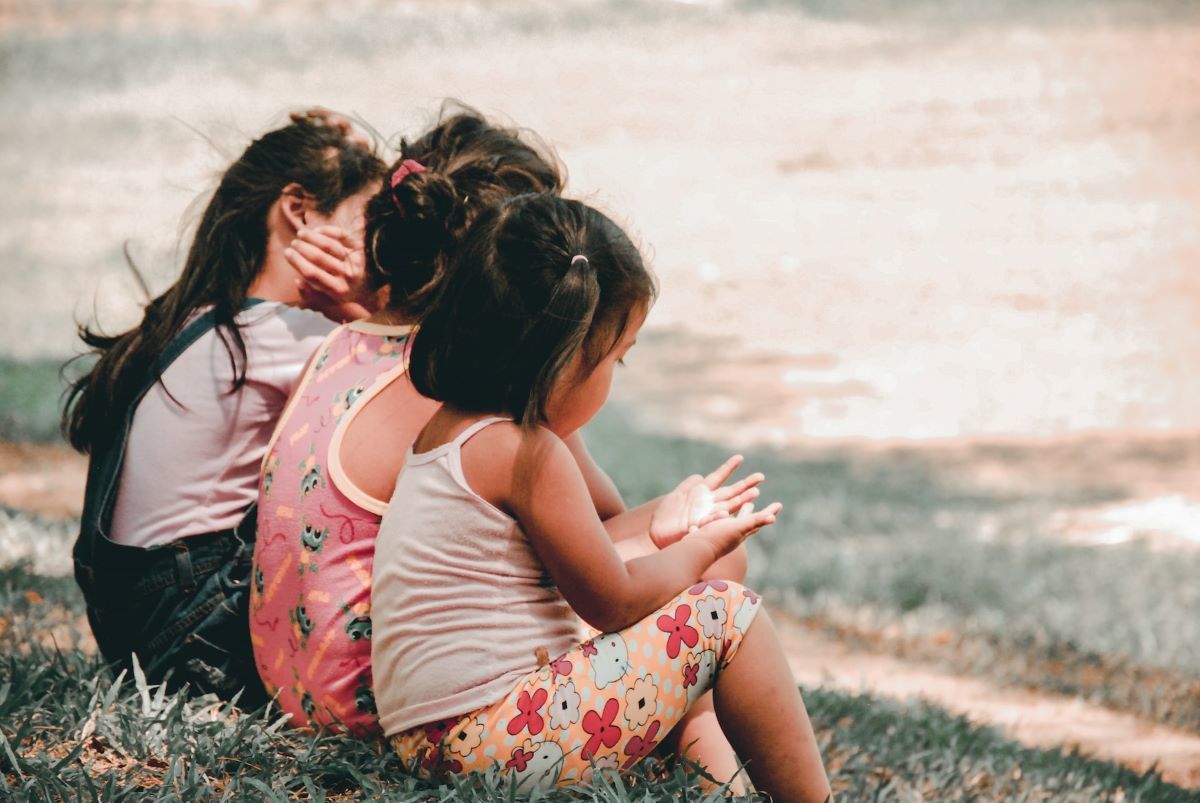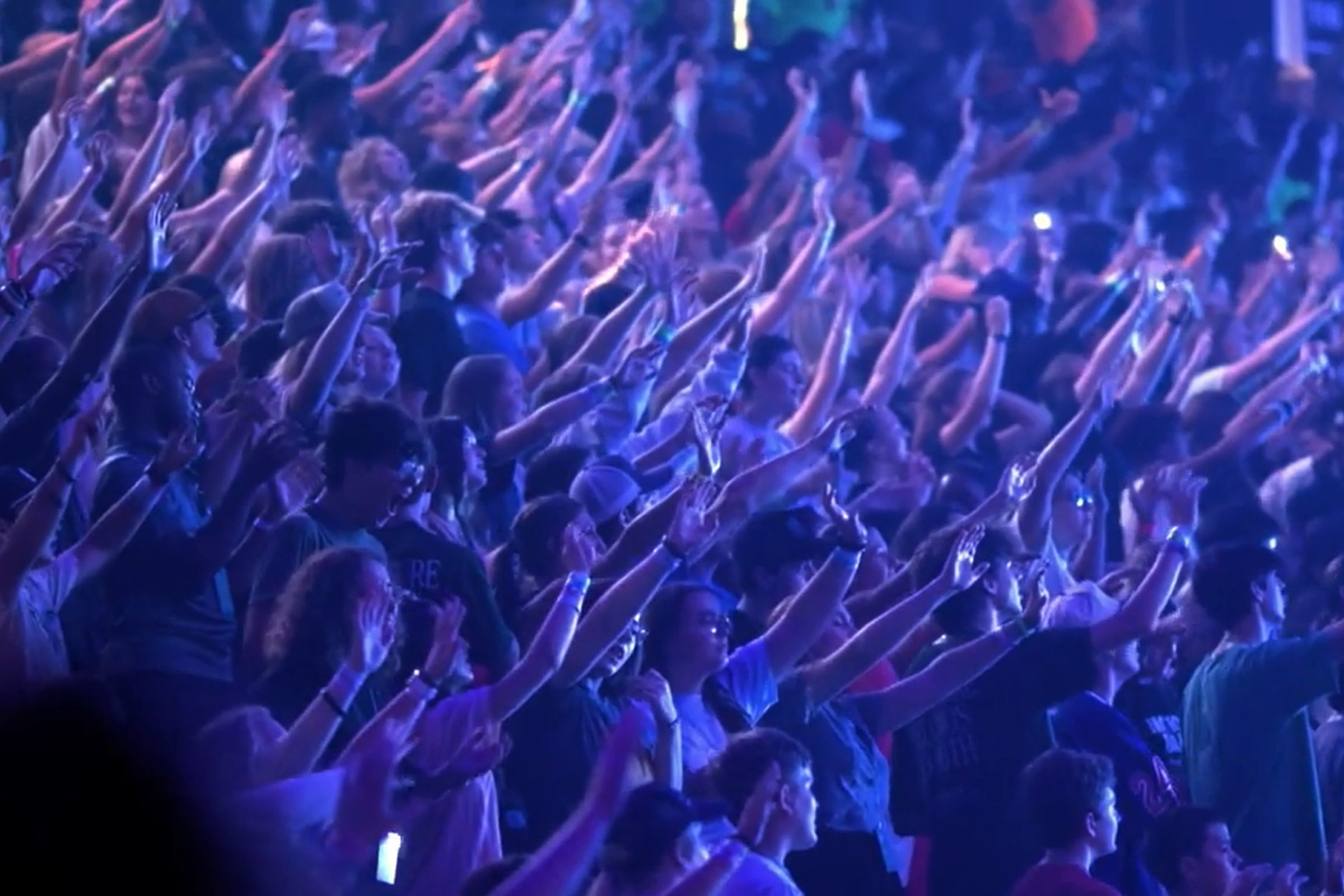
Today is International Youth Day — a day to celebrate the promise and power of young people all over the world. An important part of that celebration is reckoning with the unique hardships that youth so often have to overcome, and the wisdom they bring to the table as a result.
Particularly deserving of our attention this International Youth Day are those who live or used to live in residential care facilities, sometimes called orphanages or children’s homes. The statistics vary from country to country, but an overwhelming majority — 80% or more — of children in residential care actually have at least one living parent.
The reason children end up in residential care is often due to poverty combined with another factor, like lack of access to school. A poor family may experience a crisis that results in their child being placed in residential care where they hope their child’s basic needs will be met. In Guatemala, approximately 4,000 children live in the care of these types of facilities, many placed there by poverty-stricken families who think they are doing the right thing. Nearly half of Guatemalan families live below the poverty line.
However, a group of Guatemalan young people is coming together to improve future generations’ outcomes.
One of those young people is 21-year-old Rebeca. Rebeca grew up in residential care and wants more for herself and her country. She understands firsthand the challenges of living in residential care and being separated from her family. As she was nearing 18 years old, the age when she would need to leave residential care, Rebeca recalls lying awake at night wondering how she would forge a path forward in the overwhelming, sometimes frightening world waiting for her outside the orphanage. Where would she work? Who would support her if she needed help? Would opportunities come her way? Would she struggle to care for herself?
The basic social support network, the one we so often take for granted, is family. Generally, children who grow up in families receive the support, safety and sense of belonging necessary to thrive in the wider world, even as they transition into adulthood. Yet, Rebeca and other young people who’ve aged out of residential care, called “care leavers,” often have no such network.
So, they’ve created a network of their own in Guatemala called “United for Change,” or “Unidos por el Cambio” in Spanish. The two central focuses of their work are to unite and equip Guatemalan youth who are navigating life after residential care, and to ensure that care leaver voices are heard by the right people in the right places. They help current or soon-to-be care leavers prepare for adulthood by providing peer support and training on essential life skills, like securing housing or finding a job.
As a member of United for Change, Rebeca looks forward to a world where all children have the opportunity to be raised in a safe and nurturing family, a social structure she believes is fundamental for every human. Research proves her to be correct; children develop better physically, cognitively, emotionally and socially in a family setting.
Yet for so many reasons, families do get broken, children get separated, and they need support.
Preventing children from being placed in residential care might include positive parenting education, income-generating job programs, job skills training, or childcare resources for working parents. It could also look like networks of local leaders and social workers trained to identify and facilitate access to education, health and social services for families who are experiencing vulnerabilities. I’ve witnessed the life-changing impact of this type of programming through my work with Changing the Way We Care — and I know that simple support can keep a family together.
While every child’s circumstances are unique, we should work to ensure all children are able to thrive in safe and loving families. Wherever family may be reunited, let them be reunited. Wherever children can stay home, we should support them to do so. And let’s build up support for care within extended family members, foster care and domestic adoption when a child cannot remain at home. Nothing can or will replace the love of a family.
So please join Rebeca. Celebrate the courage, wisdom, resilience and passion that she and other care leavers demonstrate in their tireless effort to create community for one another and a better future for the children coming behind them.
Their triumph is not just their own: It is a triumph for youth to come, who may know the love and security of a family thanks to those who came before and built a better future. It’s our triumph, too — if only we join their work.
Kelley Bunkers is a Senior Associate at Maestral International and Senior Technical Advisor at Changing the Way We Care.
Free Religious Freedom Updates
Join thousands of others to get the FREEDOM POST newsletter for free, sent twice a week from The Christian Post.




























![[Video] More – Aghogho » GospelHotspot](https://gospelhotspot.net/wp-content/uploads/2024/04/More-Aghogho.jpeg)
















